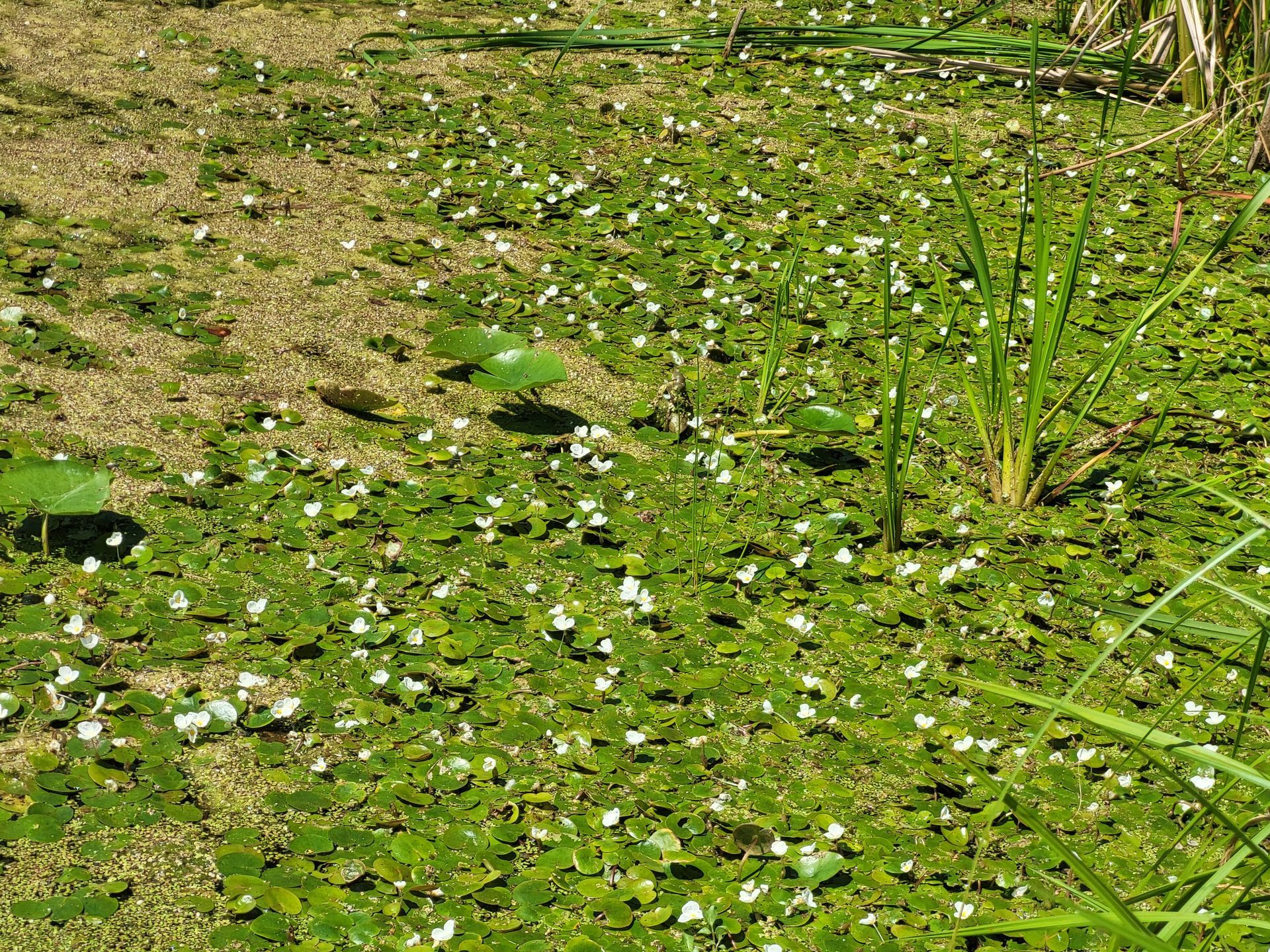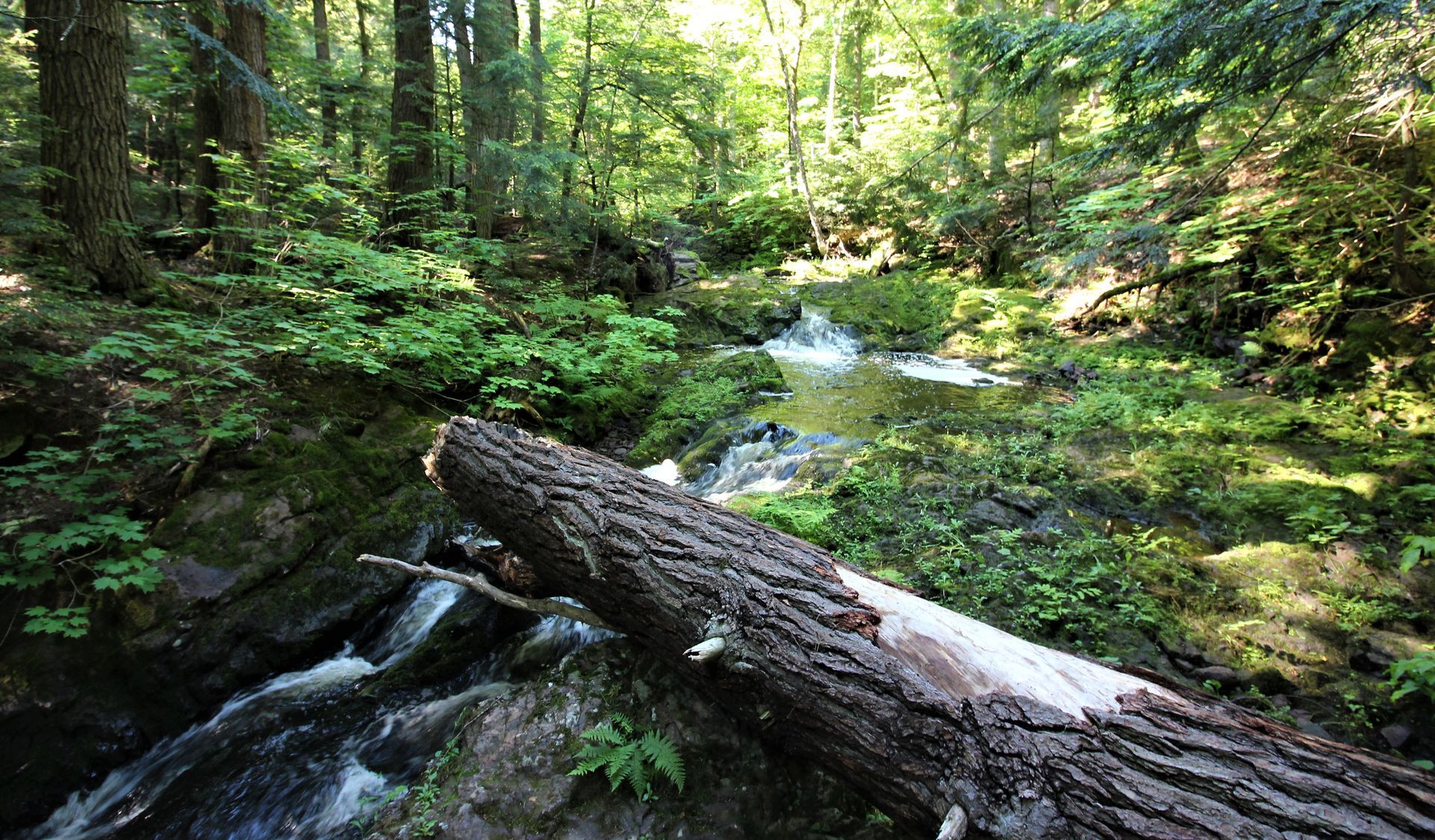DNR presents survey information at September wolf council meeting
The Department of Natural Resources (DNR) responded to claims from a former employee that it undercounted wolves at the September Wolf Management Advisory Council (WMAC) meeting.
WMAC members heard wildlife biologist Brian Roell, a 25-year veteran of the DNR, detail how the minimum wolf population survey is estimated, what internal and external validation processes the survey goes through and why he disagrees with statements made by former large carnivore specialist Kevin Swanson.
Michigan United Conservation Clubs provides streaming of the WMAC at no cost to the public. The recording can be viewed on the organization’s Facebook page .
Roell, who is responsible for compiling wolf survey counts, presented one of Swanson’s datasheets in question to the council, noting incomplete “justifications” that failed to meet the minimum criteria biologists use to count new wolves and packs. Justifications include historical data, multiple tracker reports verifying the same data and time of data collected in conjunction with telemetry, if available.
Specifically, Roell displayed one of Swanson’s datasheets that noted a possible new pack. In the report, however, Swanson wrote, “This locale is within the Brampton area but could also be the Rock pack or even Skunk Creek.”
Ultimately, Swanson failed to meet the justifications the DNR uses to establish and name new packs, Roell said.
“In the end, with this kind of information finding one time, the tracker himself not even recognizing which pack it really could be — no justification sheets — I had nothing else to do but not count that pack that year,” Roell said. “Does that mean it didn’t exist? Maybe it did. But we didn’t have any justifications or any data to show that it really did exist.”
Roell then focused on the Strawberry Lake pack that Swanson claimed was undercounted by two wolves. Roell said Swanson found evidence of four wolves in the pack one time. Roell conducted his own tracking studies for three subsequent months over an expanded range and could not find evidence of the two new wolves Swanson noted.
Ultimately, Roell said the department decided to use the data from a more experienced tracker (himself) to determine how many wolves were in the Strawberry Lake pack.
Amy Trotter, WMAC member and MUCC executive director, said Roell’s presentation helped explain in detail how new packs are determined and why Swanson’s data did not meet the threshold for constituting a new pack.
“The DNR has an obligation to collect, compile, evaluate and present data that will stand up to the rigors of scientific scrutiny and possible litigation,” Trotter said. “Biologists charged with this task ultimately felt that Swanson’s data in this instance would not stand up to the review process because it did not meet the justifications clearly laid out.”
Other agenda items include an overview of the 2015 wolf management plan update, including the forthcoming public attitudes survey and an overview of the process by which data on wolf interactions is collected. DNR Large-carnivore Specialist Cody Norton will present on both topics.
New business included discussion of how to provide input into updating the 2015 management plan and the need for an accomplishments report, the wolf population survey and reporting wolf interactions. Council members discussed the potential for sightings and interaction reports to be used in the wolf population survey, but formal recommendations will be made at subsequent meetings.
The department has not yet released any information regarding the October WMAC meeting, though it will be occurring in the Upper Peninsula based on the location rotating from the Lower Peninsula to the UP. MUCC will share this information as soon as it becomes available.
The post DNR presents survey information at September wolf council meeting appeared first on Michigan United Conservation Clubs.
Recent Posts



